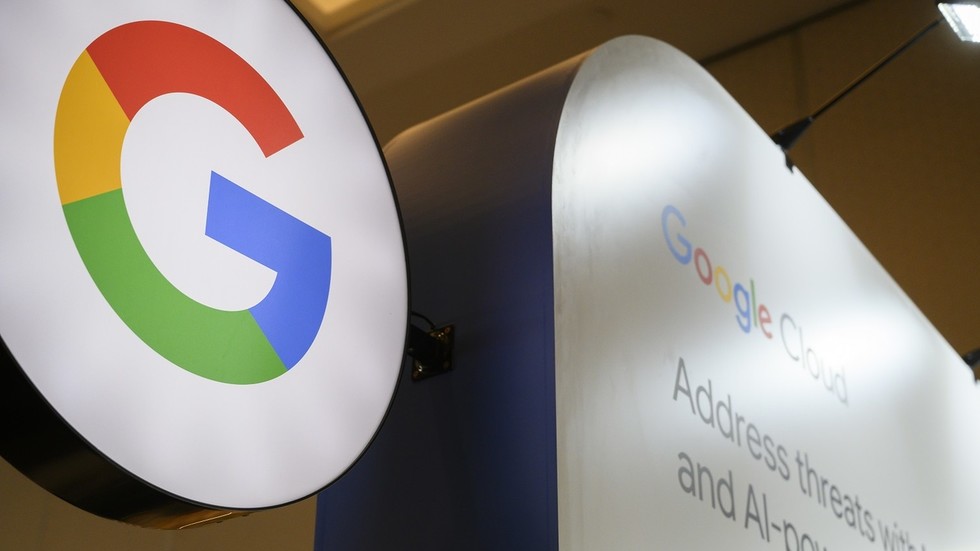Missouri Attorney General Andrew Bailey has announced an investigation into Google, alleging that the tech giant is undermining the democratic process in America through its search engine manipulation. In a statement on social media, Bailey accused Google of “censoring conservative speech” during what he described as a critical election period. He expressed concerns that Google has been downplaying information about Donald Trump’s presidential campaign in its search results. These accusations reflect a longstanding grievance among conservative figures in the United States who claim that major technology companies exercise biased censorship against their viewpoints. Former President Trump recently indicated that, if re-elected, he would pursue legal actions against Google for allegedly favoring Democratic narratives.
Bailey’s statements come in the context of Missouri’s prior legal actions against the Biden administration, in conjunction with Louisiana, over claims of First Amendment violations related to government messaging around COVID-19. The complaint involved allegations that government officials coerced tech companies into silencing what they categorized as misinformation. This case reached the Supreme Court, which ruled against the plaintiffs in a 6-3 decision, thereby denying their request for future protections against government censorship. Bailey’s investigation is part of a broader conservative narrative that seeks to challenge what they perceive as systemic bias in tech platforms, particularly during pivotal political moments.
At a recent conservative event, Bailey reiterated his commitment to exposing what he describes as a “vast censorship enterprise.” He posed pointed questions about the government’s role in dictating truth, advocating for counter-speech as the appropriate response to disfavored speech rather than censorship. He characterized the pandemic as a trial run for measures that could ultimately restrict additional forms of expression not aligned with the interests of Washington and Silicon Valley. This perspective resonates with many conservatives who fear that government collaboration with tech companies could lead to further restrictions on free speech, including religious discourse.
In response to Bailey’s allegations, a Google spokesperson firmly denied the accusations, asserting that the search engine’s priority remains to serve all users with useful and unbiased information regardless of their political beliefs. The company positioned itself as a neutral entity, claiming that its business model depends on delivering meaningful content to a diverse user base. This defense echoes the sentiments expressed by other technology companies facing similar criticisms, particularly during times of heightened political tension.
The issue of censorship and free speech in the digital age remains a contentious topic, sparking ongoing debates about the balance between moderating harmful content and safeguarding diverse viewpoints. The investigations and lawsuits initiated by conservative politicians signal a strategic effort to reshape the narrative surrounding Big Tech’s influence and commitment to free speech. Observers have noted that this trend may contribute to further polarization in American politics, as both sides of the political spectrum grapple with the implications of technology’s growing role in public discourse.
In conclusion, the investigation led by Missouri’s Attorney General Andrew Bailey encapsulates the interplay between technology, politics, and free speech in contemporary America. The allegations against Google underscore broader frustrations among conservatives concerning perceived biases in tech platforms, often amplified during critical electoral moments. As this situation unfolds, it raises essential questions about the control exerted by tech giants over public discourse and the potential repercussions for democratic processes. The tension between maintaining an open platform and addressing the spread of misinformation remains a pivotal issue that will likely influence the trajectory of both legal actions and political strategies in the years to come.

